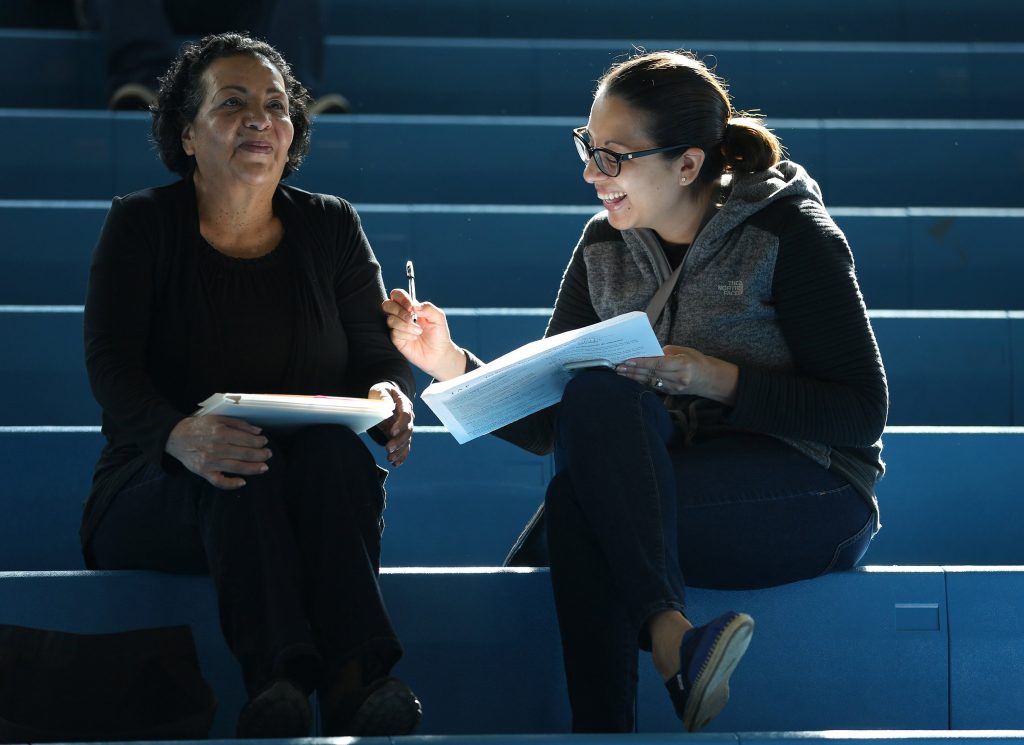Many Americans lack fundamental knowledge about government. That’s dangerous.
Elijah Helton
You know those little ads for quizzes you see at the end of a web article? Sometimes they’re advertising for faux U.S. citizenship tests. Most of that is bogus, of course, but they pose an important question, “Could you pass the citizenship exam?”
This is the question being asked in the state House of Representatives. The proposed law would require all Iowa high-school students to pass the immigration civics test in order to graduate. This sort of knowledge is crucial for our students at a time where basic understanding of how our country works is a rarity among many Americans.
In a survey published in September, the Annenberg Public Policy Center found that only 26 percent of Americans can name all three branches of government. What’s even worse is that 33 percent couldn’t even name one. And it’s not just the structure of government; 37 percent of Americans can’t name any right guaranteed by the First Amendment. This isn’t just one survey, this is just another study in a longtime trend showing Americans don’t know much about how our political system functions.
There’s plenty of progress to be made on this front. Responsible citizens can take it upon themselves to become better informed. Journalists can take more time to “explain the news,” as the tagline for Vox.com claims. However, self-education and reading specific sources isn’t a reliable way to beat ignorance.
So it’s up to our schools to teach future generations about the Constitution, separation of powers, and what government classes are supposed to be teaching in the first place. A straightforward test, the same one immigrants must pass to become U.S. citizens, would make sure young Americans understand the basics about their government.
RELATED: Kumar: Birthright citizenship is not the saving grace for our immigration system
And imagine the benefits for colleges. If every Hawkeye came into their first year with the same baseline information, we would be a more productive and better-educated student body.
To be clear, the proposed law wouldn’t strip high-school students of their citizenship if they happen to fail. This would just be added to the curriculum for government classes, usually taken in 12th grade. If students don’t pass, they would just have to retake it until they do to be allowed to graduate.
This all ties to the bigger picture for the American public. Right now, it seems as if different groups are living in completely separate realities.This hasn’t just been happening during any particular presidency, either. Simple concepts such as separation of powers among government branches and how the federal court system works have been misinterpreted for a long time.
Getting back to basics is what we need to get back on track and to strengthen the state of the union.



